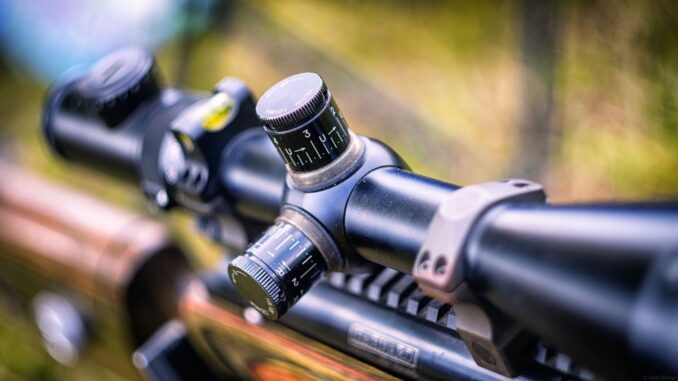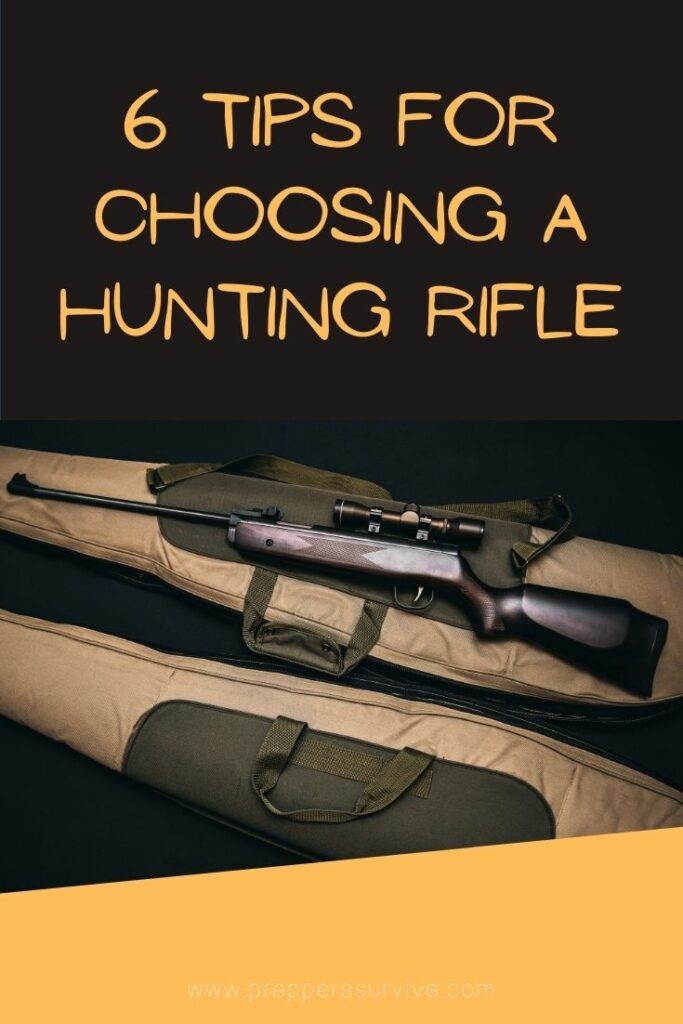
When it comes to hunting, it’s important that you pick a firearm that’s reliable and efficient in any condition or climate. Whether you are new to firearms or have been a lifelong carrier, you need to spend ample time comparing brands and knowing which rifle best fits your needs.
However, it doesn’t take much to choose. You just need to focus on the most basic features and other considerations. Here’s what you need to know when picking a hunting rifle.
6 Tips for Choosing a Quality Hunting Rifle
- Know your hunting style
How do you describe your strategy for hunting down big game or fowl? Are you more into concealment or are you focusing on precision? Whatever the case may be, you need a rifle that matches your style. This is an important point of assessing if a rifle helps you achieve optimal mobility and accuracy.
If you’re willing to go beyond your comfort zone, you can try different rifle actions and cartridges. A little research will go a long way, but it’s always advisable to stick with rifle types you are at home with instead of investing in a rifle that won’t exactly suit your style of hunting.
- Know your game
Apart from your hunting style, you also need to consider the game you are hunting. This is important as not all rifles are optimal for hunting certain game.
If you are hunting bears, for instance, enthusiasts would suggest anything in the mold of a Marlin 1895 or a Remington 700. You can also opt for any rifle that accommodates 7mm and .338 caliber rounds. For duck and other fowl, you can look towards a Winchester Model 12 or a Benelli Vinci.
When it comes to small game, you might want a firearm that can accommodate the more common .22 caliber ammunition. You can shop for the best 22LR rifles that are ideal for hunting squirrels, rabbits, and turkeys.
For most preppers, however, an all-around rifle would be ideal in any situation and against any game. The trick is to mix and match rifles with sighting systems and cartridges. Remember, this is all a matter of taste. If you are planning to get an all-purpose rifle, be sure to get advice from experienced hunters.
- Consider the type of action you want
In choosing a rifle, you will be asked about the action that fits your needs. In most cases, a bolt-action rifle would be preferable for any type of game or condition.
When it comes to long-range shooting, bolt-action rifles win by (literally) a long shot. Despite using only a few rounds, these types of rifles are incredibly accurate and durable. More importantly, it’s easier to clean and maintain. The only downside to these rifles is their low rate of fire.
Another favorite among big game hunters is semi-automatic rifles such as the Remington Model 742 and ARs such as the Wilson Combat Ultimate and the Mossberg MMR Pro. With their higher rate of fire, semi-autos can take down fast-moving targets such as jackrabbits, deer, elk, and furbearers. One trade-off to using these types of firearms, however, is a rough trigger system and limited caliber options.
You can also look towards pump-action firearms. With lesser downtimes compared to bolt-action rifles, weapons like the Remington 7600 and Taylor’s Lightning Pump Action are highly effective mid-range. They may not be as reliable and precise in hitting single targets, but bolt-action rifles offer a slew of advantages in most hunting situations.
- Sighting systems
Another important consideration to keep in mind when choosing a hunting rifle is the sighting system. Most rifles already come with sighting systems, although you always have the option of a high-quality scope that guarantees accuracy and enough eye relief.
It pays to choose a scope that has enough magnification to meet your hunting needs. If you are out hunting for deer, a 3-9×40 scope is optimal. In lightweight firearms, specifically, those used on ducks and fowl, 2-7×33 scopes would do just fine.
Picking a sighting system does not depend only on the type of game you are hunting. You should also look into eye relief, especially if the rifle has heavy recoil. The best you can opt for is a scope that provides at least four inches of eye relief. To be sure, always test and compare different sights.
- Weigh it out
When choosing a quality hunting rifle, you also need to check if a firearm won’t compromise your mobility. Depending on the conditions of your hunting environment, weight is extremely integral. If you are in the Appalachian Mountains, you will need a rifle that won’t slow you down and require added exertion as you climb up steep inclines.
At the same time, you wouldn’t want to settle for a rifle that’s too light. Anything below six pounds is easy to carry, but it won’t offer the best stability and precision.
Balance is the key to choosing a rifle that matches your environment and your hunting philosophy. If you are looking for a rifle that is suitable for any situation, you will need one that’s easy to carry around without affecting your aim. For this, you will need to determine the weight of the barrel as well as the material of the gun stock.
- Feel the stock
Speaking of gun stocks, you need a rifle that won’t add extra pressure on your shoulder and can provide added resistance to heavy recoil. Before that, consider whether you are left-handed or right-handed. This is one factor not many people notice, so if you are shopping for a rifle, ask to be fitted with one that suits your dominant hand.
After that, look at the material and the size of the stock. Is it too heavy? Does it seem stable when it’s rested on your shoulder? For extra precision, you might opt for a stock that’s adequately weighted while putting little to no stress on your shoulder.
Are you on the market for hunting gear this year? When it comes to rifles, your decisions shouldn’t take you overnight. Take your time and use the tips above to get the best value for your money.
Thanks for visiting Preppers Survive. Before you leave subscribe to our newsletter. If you enjoyed this article, 6 Tips for Choosing a Quality Hunting Rifleplease share it on your favorite social media.



Leave a Reply